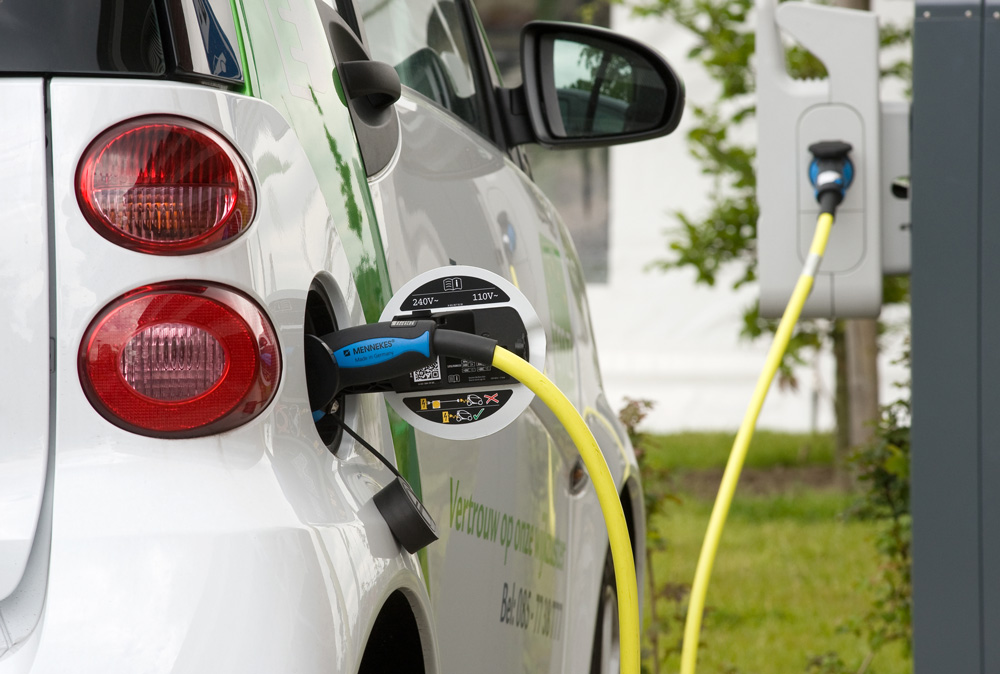
A recent amendment to Chapter 718, Florida’s Condominium Act, facilitates a unit owner’s ability to install and use an electric-vehicle charging station within their condominium. Section 718.113(8), Florida Statutes, which took effect on July 1, 2018, created a new provision stating that a declaration of a condominium or the board of administration of a condominium may not prohibit a unit owner from installing an electric vehicle charging station within the boundaries of the unit owner’s limited common element parking area, under certain circumstances. A unit owner’s “right” to install a charging stating is not, however, without limits. An association may require that the unit owner comply with all safety requirements, applicable building codes or recognized safety standards for the protection of the association property and its members. An association may also require the unit owner to engage the services of a licensed and registered electrical contractor or an engineer that is familiar with the installation and requirements of an electric vehicle charging station. An owner wishing to install an electric vehicle charging station may also be required to comply with any reasonable architectural standards adopted by the association that govern the dimensions, placement or appearance of the electric vehicle charging station. However, such standards cannot substantially increase the cost of installation.
The new law also provides for additional safeguards for the association. For example, installation of an electric vehicle charging station may not cause irreparable damage to the condominium property. The electricity for the electric vehicle charging station must be separately metered and paid for by the unit owner making the installation. Cost of installation, operation, maintenance and repair of the electric vehicle charging station, including hazard and liability insurance, is the unit owner’s responsibility. Additionally, an association may require the unit owner to reimburse the association for the actual cost of any increased insurance premium attributable to the electric vehicle charging station. The law also shields condominium associations from construction liens resulting from the installation of electric vehicle charging stations by unit owners.
The new law does not, however, say anything about what happens if the association voluntarily opts to install “common” electric vehicle charging stations. In other words, if a condominium association opts to install these “common” electric vehicle charging stations (after complying with the necessary legal requirements) it does not mean that unit owners no longer have the right to install their own charging stations. The new law also does not address who is responsible for any costs associated with upgrading the condominium’s electrical system if an upgrade is necessary to handle the increased electrical usage.


